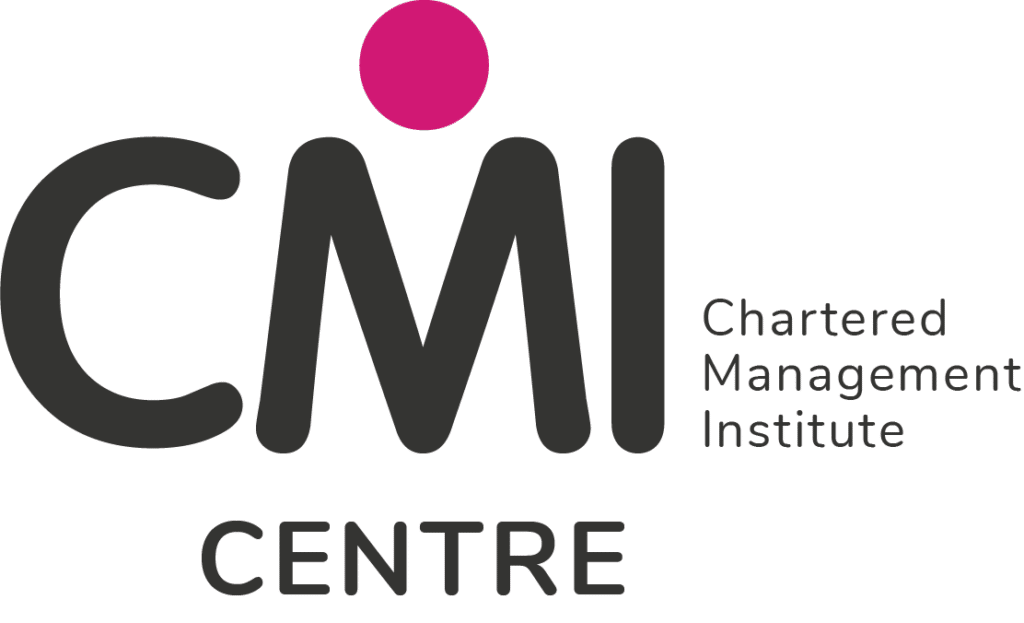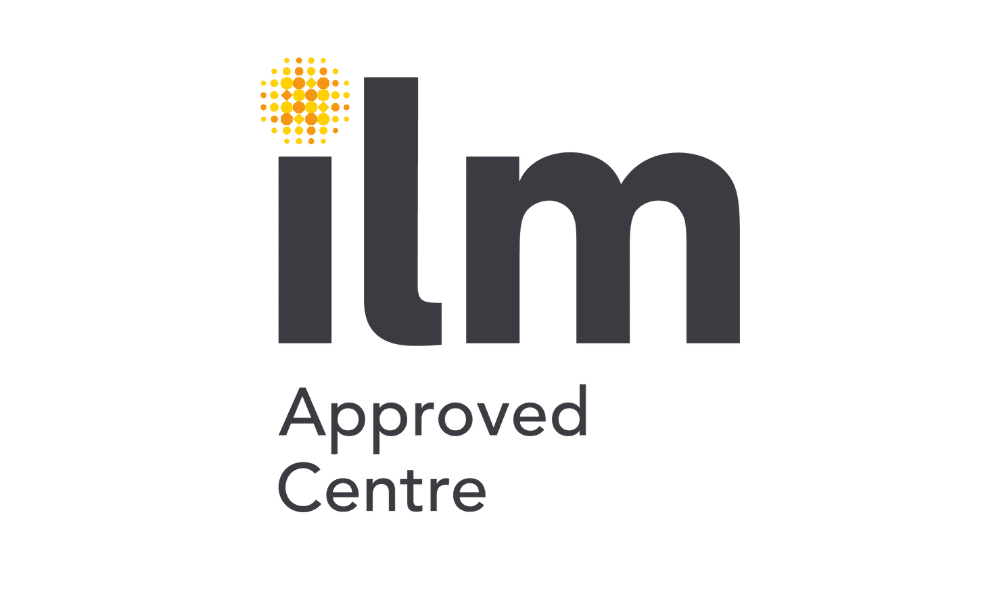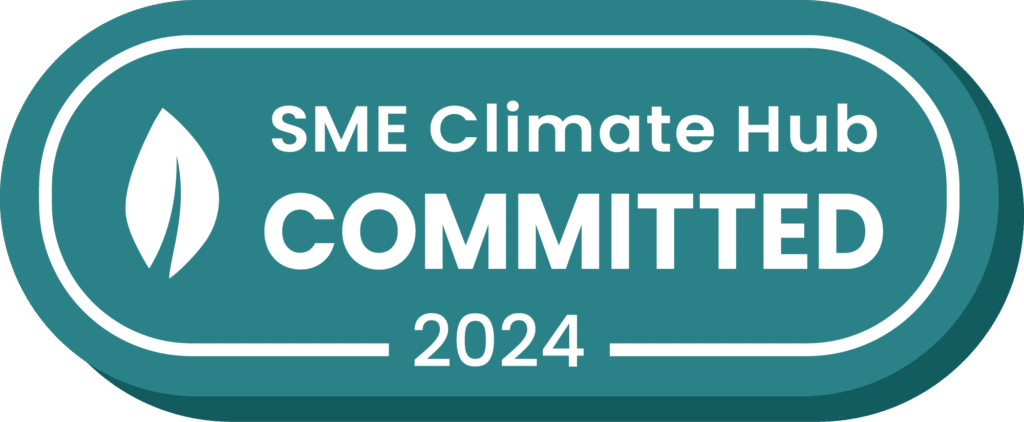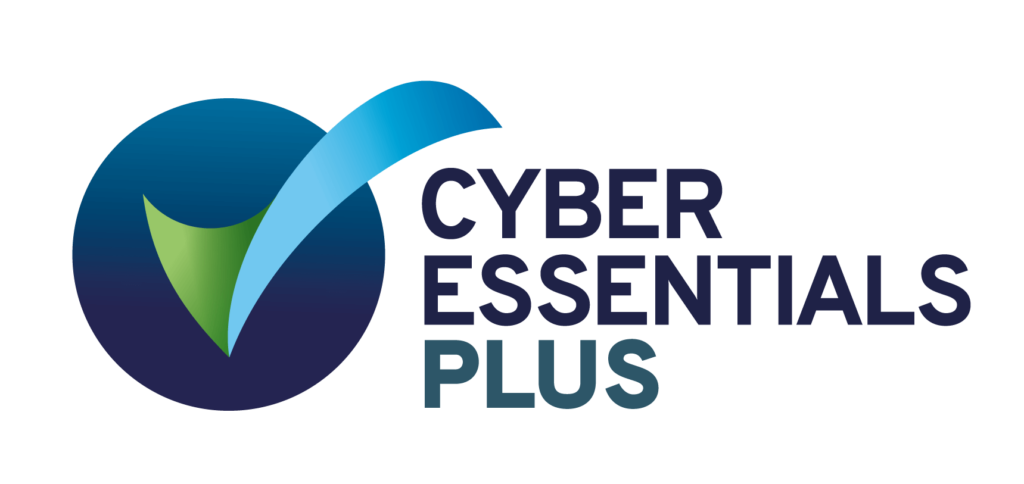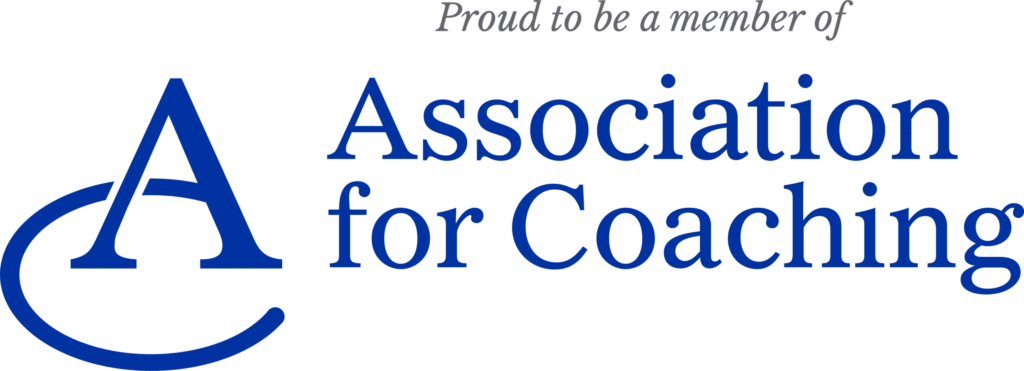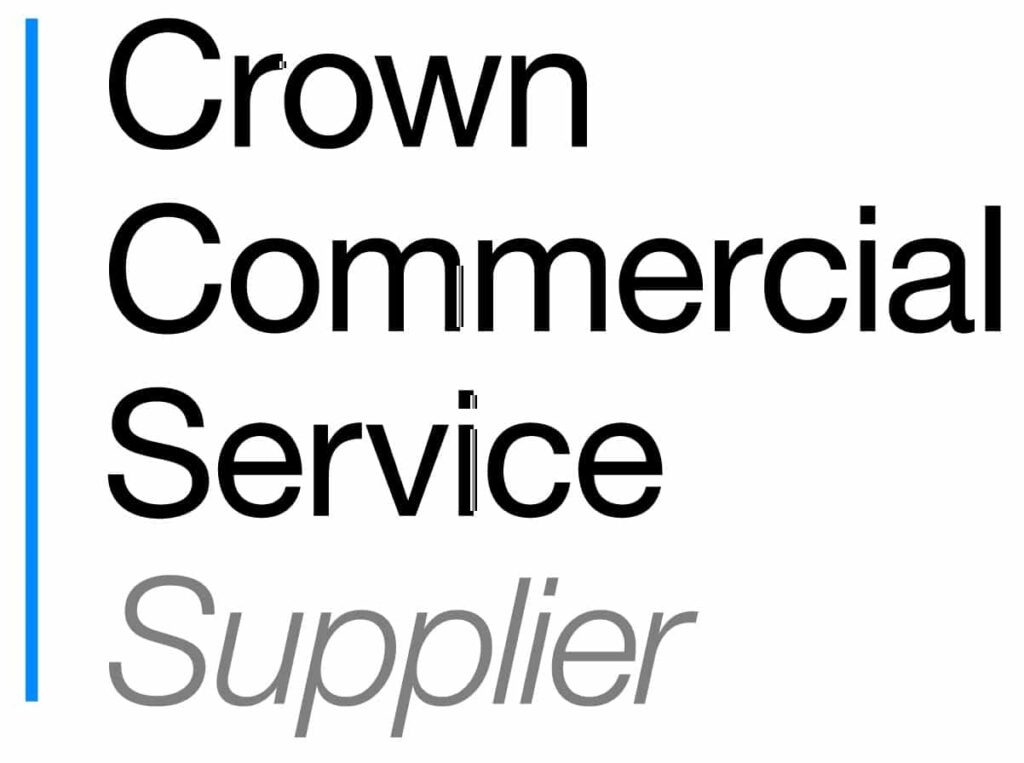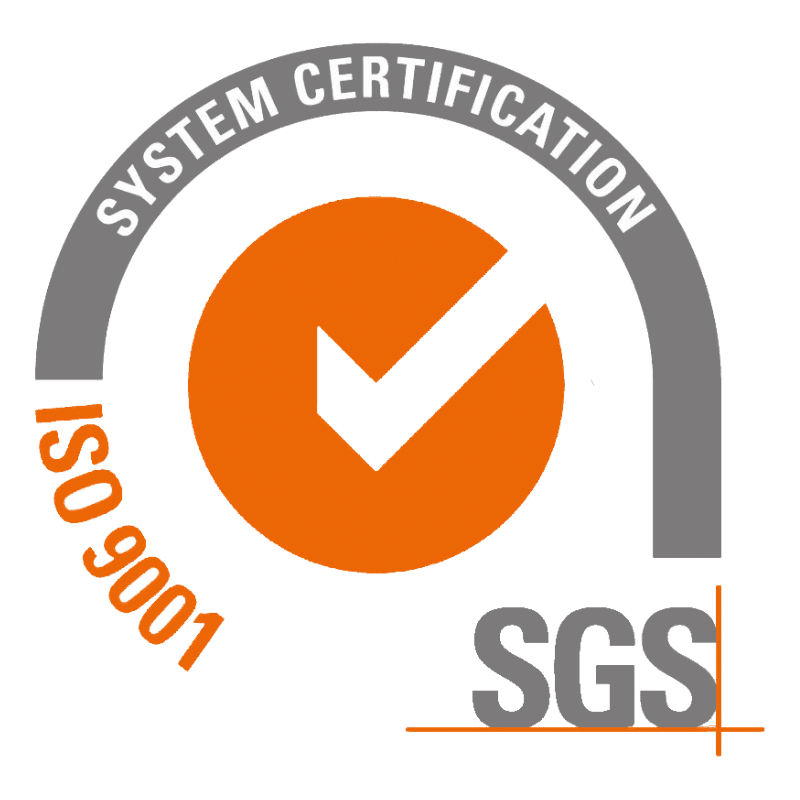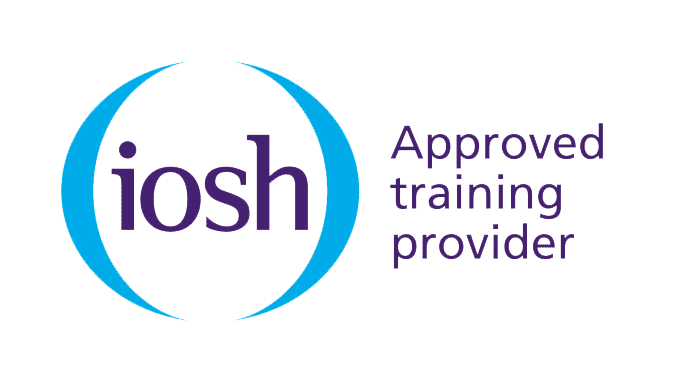“Most people do not know what their strengths are. When you ask them, they look at you with a blank stare, or they respond in terms of subject knowledge, which is the wrong answer.” – Peter Drucker
When was the last time that you were asked to think about your strengths? Possibly as preparation for a job interview?

Sadly, most of us have little sense of our talents and strengths, much less the ability to build our lives around them or how to use them to guide our own development or the development of our organisations.
Instead, we can become experts in our weaknesses and spend our lives trying to repair these flaws. This can create an uphill struggle for Learning and Development, pushing people to focus on areas where they feel exposed and creating the danger that development is only seen as a corrective action (or worse, punishment!).

Research by Zenger and Folkman confirms that people who work on strengths have twice the gain as those working on weaknesses, and that these gains extend to other competencies.
As organisations look to maximise their effectiveness research shows us that focussing on understanding and developing strengths can provide quick wins and a culture of improvement.
Most people would rather try to expand a strength than work on a weakness, since a weakness is likely something that they do poorly and don’t enjoy. Strengths are more fun to pursue; hence, the motivation is vastly increased.
So often a Personal Development Plan is a document that captures your weaknesses. And if you’ve ever ‘renewed’ entries on there that you’ve not addressed, it suggests that they’re a) not very important weaknesses (training needs, etc) and b) that it’s not a very inspiring document or procedure.
That’s not to say the answer is to focus only on strengths. You have to address your greatest weaknesses – and in doing so possibly uncover additional strengths. So how about a PDP that captures the flaws in your skills and knowledge that you need to address, and at the same time captures your strengths too.

Research in Positive Psychology suggests that there are (at least) 24 strengths and virtues that are recognised in most cultures. To find out more about what these are and how to help your team discover and develop their own, Eliesha has developed an interactive 90-minute Bitesize session that uses group discussion, personal reflection and latest research to help you create practical strategies for immediate use in the workplace.
At Eliesha, we are constantly working with organisations to deliver learning and development that is designed and delivered in a way that meets the demands of their working practices.

Our preference is always to work in a learning partnership, and for gaining a thorough understanding of organisational goals, objectives and context by talking with you before presenting a bespoke solution.
We’d love to hear from you about any requirement, big or small, so don’t hesitate to get in touch.
